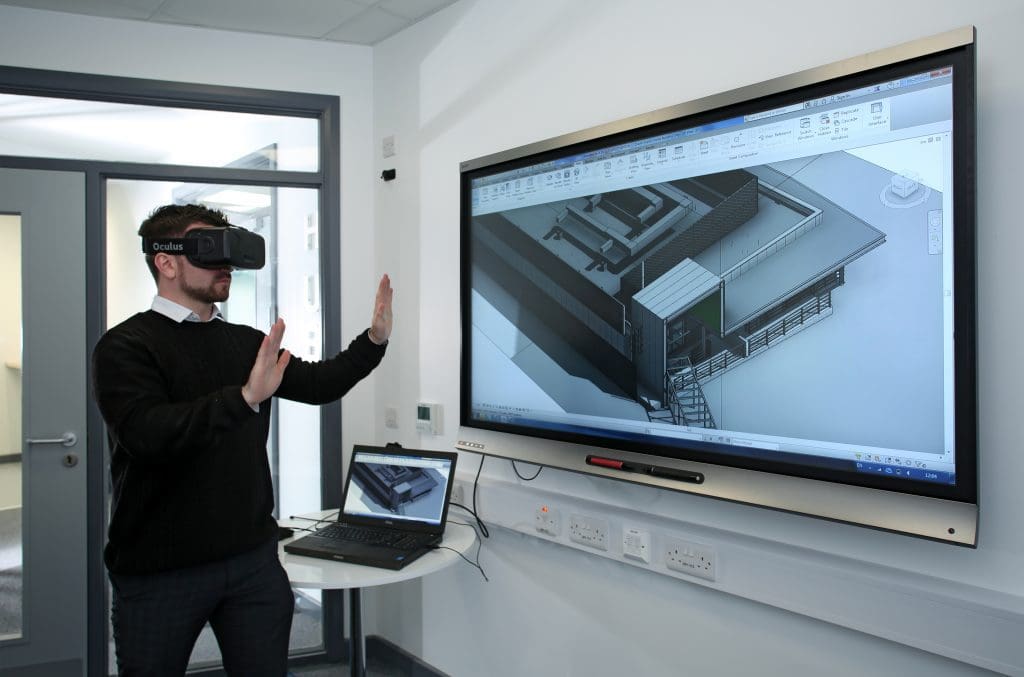In recent years, modular construction has gained popularity across a range of industries, from healthcare to education. This innovative construction method involves the offsite manufacture of modules, which are then transported to the construction site for assembly and fit out. Modular construction offers several benefits compared to traditional construction methods, including time savings, cost-effectiveness, customisation options, quality control, and sustainability. In this blog post, we will explore the top benefits of modular construction for modern industries.
Time Savings and Increased Efficiency
Modular construction can save time and improve project efficiency by up to 50% compared to traditional construction methods. Because modules are manufactured offsite, construction can occur simultaneously on-site, accelerating project timelines. For example, in the healthcare industry, modular construction has been used to quickly deploy emergency medical centres or expand existing hospitals, providing essential care during times of increased demand.
Cost-Effectiveness and Budget Control
Modular construction can be more cost effective than traditional construction methods. Offsite manufacturing can lead to more accurate cost estimates and budget control, reducing the likelihood of unexpected expenses. Furthermore, modular construction minimises disruptions to existing facilities, reducing the financial impact on operations. For example, in the education industry, modular construction has been used to create temporary classrooms during renovation projects, minimising the impact on student learning.
Customisation and Flexibility
Modular construction offers customisation and flexibility options that traditional construction methods do not. Modules can be tailored to meet specific needs and requirements, allowing for a high degree of design flexibility. This adaptability is particularly useful in modern industries where requirements may change over time. For example, in the hospitality industry, modular construction has been used to create unique and functional spaces such as hotels, cafes, and bars.
Quality Control and Sustainability
Modular construction can improve quality control and sustainability compared to traditional construction methods. Offsite manufacturing and controlled environments can lead to better quality control and less waste, ensuring a higher level of quality for the finished product. Additionally, modular construction produces less waste and has a lesser environmental impact compared to traditional methods. This approach aligns with the increasing focus on sustainability and environmentally friendly practices within modern industries.
Applications in Various Industries
Modular construction has been used in various industries, such as healthcare, education, retail, and hospitality, to create innovative and functional spaces. In the healthcare industry, modular construction has been used to create state-of-the-art diagnostic and imaging facilities, ensuring high-quality patient care. In the education industry, modular construction has been used to create temporary classrooms during renovation projects, minimising the impact on student learning. In the retail industry, modular construction has been used to create pop-up shops and kiosks, providing a unique shopping experience for customers.
In the hospitality industry, modular construction has been used to create hotels, cafes, and bars, providing a unique and memorable experience for guests.
In conclusion, modular construction offers several benefits for modern industries, including time savings, cost-effectiveness, customisation options, quality control, and sustainability. Modular construction can be used in various industries to create innovative and functional spaces that meet specific needs and requirements.
Businesses looking to improve project efficiency and reduce costs should consider modular construction for their next construction project. As modular construction continues to gain popularity, it will play an increasingly important role in modern industries.
Contact our friendly team today if you are considering utilising modular construction for your next project.
Read our another blog A Deep Dive into the Offsite Manufacturing Process for Modular Buildings

